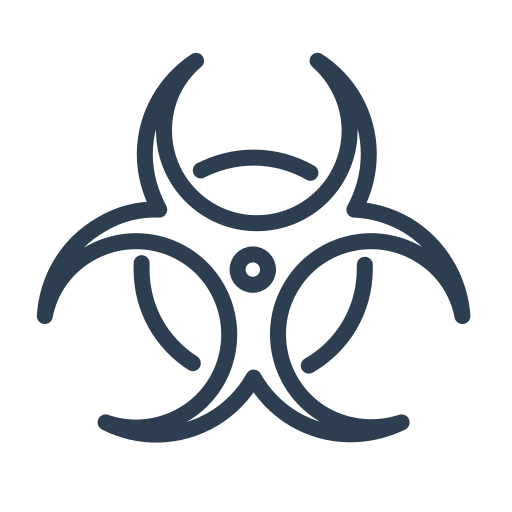The sudden loss of a loved one is a devastating experience. When that loss is caused by the negligence or wrongdoing of another person or entity, the emotional pain can be compounded by financial hardship. Wrongful death personal injury cases offer a path towards some measure of justice and financial recovery for the surviving family members.
Understanding Wrongful Death Claims
A wrongful death claim is a civil lawsuit filed by the surviving family members of a deceased person whose death was caused by the wrongful act of another. This “wrongful act” can encompass a variety of situations, including:
- Car accidents caused by drunk driving or distracted driving
- Medical malpractice resulting in death
- Defective products leading to fatal injuries
- Workplace accidents due to employer negligence
- Violent crimes
Key Elements of a Wrongful Death Case
To win a wrongful death lawsuit, the surviving family members (plaintiffs) must prove the following elements:
- The death of a person occurred.
- The death was caused by the wrongful act or omission of the defendant. This could be negligence (failing to exercise reasonable care), intentional misconduct, or a strict liability situation (where the law holds a party liable regardless of fault).
- The surviving family members have suffered damages as a result of the death. These damages can be financial (lost income of the deceased, medical bills) or non-economic (loss of companionship, pain and suffering).
Who Can File a Wrongful Death Lawsuit?
The specific individuals eligible to file a wrongful death lawsuit vary by state. Generally, spouses, children, and sometimes parents of the deceased can be plaintiffs. An experienced wrongful death attorney can advise you on the eligibility requirements in your jurisdiction.
Damages Awarded in Wrongful Death Cases
Wrongful death lawsuits aim to compensate surviving family members for the losses they incur due to the death. Recoverable damages may include:
- Economic damages: Lost future income of the deceased, medical and funeral expenses, loss of household services they provided.
- Non-economic damages: Pain and suffering of the survivors due to the loss, loss of companionship, guidance, or inheritance.
The Emotional Toll and Legal Process
Pursuing a wrongful death lawsuit can be emotionally challenging as it involves revisiting the details of the loved one’s death. However, it can also be a crucial step in the grieving process, allowing survivors to hold the responsible party accountable and achieve a sense of justice.
An experienced wrongful death attorney can guide you through the legal process, which typically involves:
- Investigation: Gathering evidence to prove the cause of death and the defendant’s liability.
- Filing a lawsuit: Initiating the legal proceedings within the state’s statute of limitations.
- Negotiation: Attempting to reach a settlement with the defendant’s insurance company.
- Trial: Presenting the case before a judge or jury if a settlement cannot be reached.
Finding the Right Legal Representation
Choosing the right attorney is critical for the success of a wrongful death lawsuit. Look for an attorney with experience in wrongful death cases, a strong understanding of your state’s laws, and a compassionate approach that acknowledges the emotional complexities of your situation.



























